2P81175 Product Used Image Gallery
2P81175 Decorative Cornice
The 2P81175 Decorative Cornice combines artistic detail with practical ceiling protection. Its repeating arch motifs and geometric reliefs echo the elegance of historical architectural ornaments found in classical halls and residences.
One interesting note is that cornices date back to ancient Greek and Roman architecture, where such designs provided both decoration and structural purpose. This product continues that tradition in modern interiors.
The lightweight polyurethane material ensures resilience against moisture and wear while keeping installation easy. The balanced patterns and carved textures create visual rhythm in any room.
- Polyurethane cornice resists cracking
- Decorative ceiling trim enhances interiors
- Patterned moulding offers timeless appeal
This decorative element adds both charm and functionality, making ceilings a centerpiece of refined style.
The 2P81175 Decorative Cornice is designed to bring timeless refinement to interiors. Its repeated arch motifs communicate rhythm and sophistication. The polyurethane composition makes it durable and lightweight. Installation is simple even for detailed spaces. The surface texture enhances shadow and dimension. Cornices have historically combined form and function. This design continues that heritage with modern efficiency. It works well in both classic and contemporary rooms. The white tone matches easily with various palettes. The motifs reflect strong architectural tradition. The structure hides wall and ceiling joints neatly. Its carved surfaces attract visual focus. The product is suited for residential and commercial use. Choosing this decorative cornice ensures balanced aesthetics. The 2P81175 is an ideal piece of patterned moulding for tasteful spaces.
2P81175 Decorative Cornice Design for Stylish Interiors
The 2P81175 Decorative Cornice brings timeless elegance to interiors with its refined patterns and structured motifs. Inspired by traditional arches and ornamental reliefs, it blends historical sophistication with modern polyurethane material for durability and lightness. One anecdote often told is from an artisan who explained how cornices once served not only as decoration but also as functional elements to hide irregular wall-ceiling joints in historic buildings. This product continues that legacy, reimagined for contemporary spaces. Its white finish with delicate carved details reflects light beautifully, while the repeated arch forms enhance both classic and eclectic interior themes. As a polyurethane element, it offers an easy-to-install solution resistant to moisture, cracking, and wear. Perfect for living rooms, halls, and formal spaces, the 2P81175 Decorative Cornice transforms ceilings into an eye-catching design feature that symbolizes harmony and subtle luxury.
decorative cornice, polyurethane cornice, ceiling moulding, patterned moulding, interior trim, ceiling decor, decorative ceiling trim, wall ceiling joint cover, classic interior cornice, modern cornice design, ornate cornice, detailed moulding, durable ceiling cornice, architectural cornice, cornice design
No reviews found!







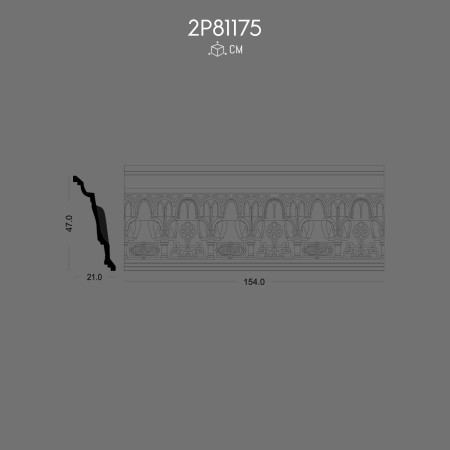







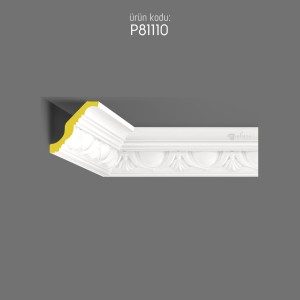


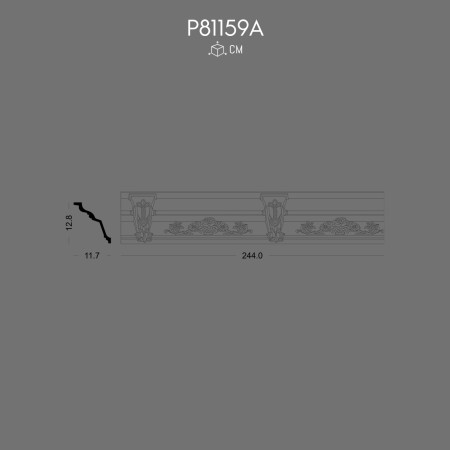

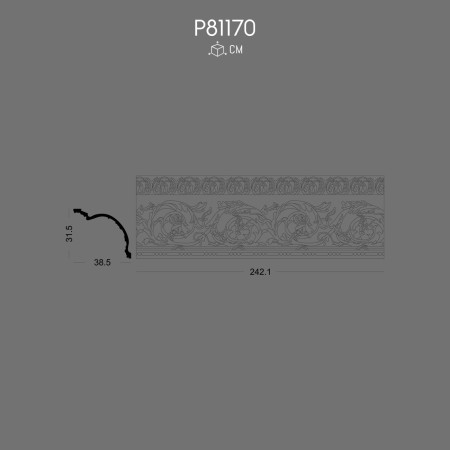

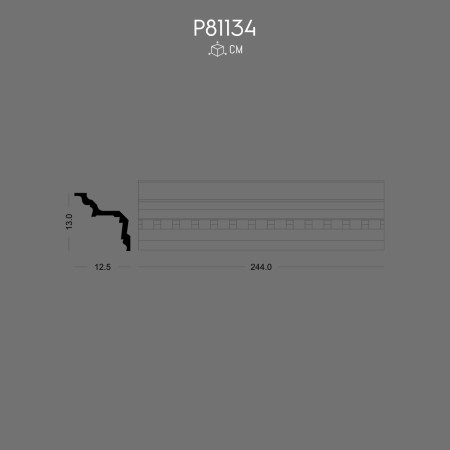

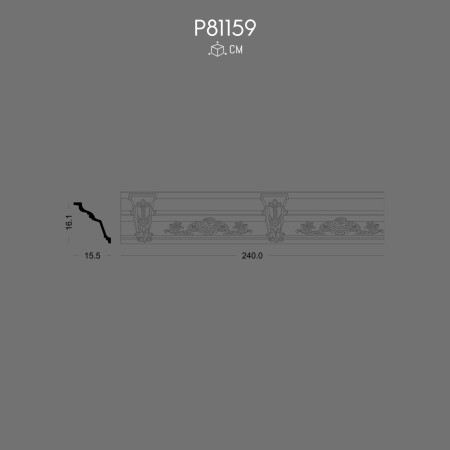





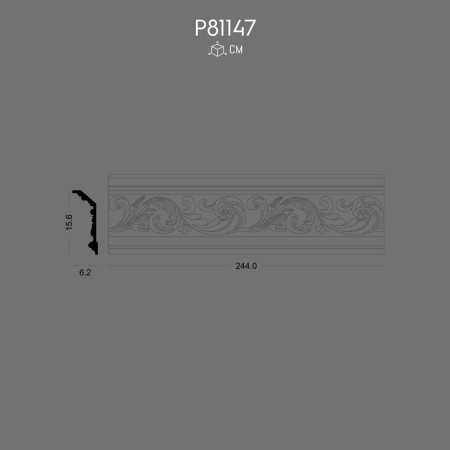
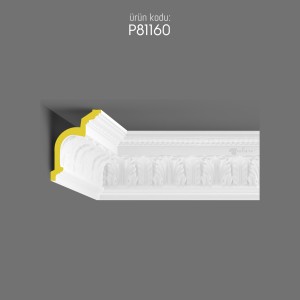
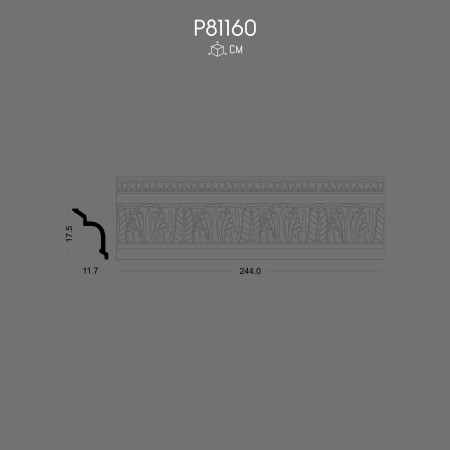
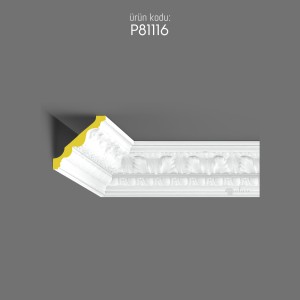



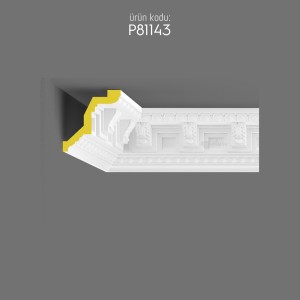
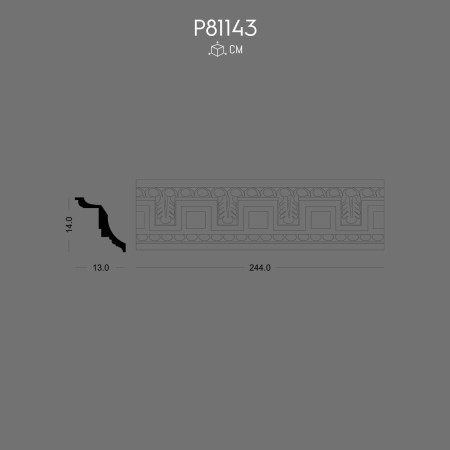





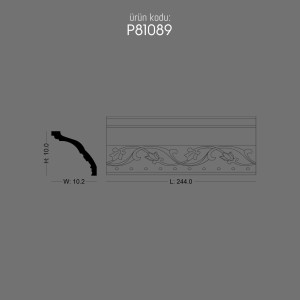


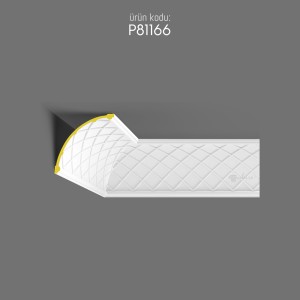
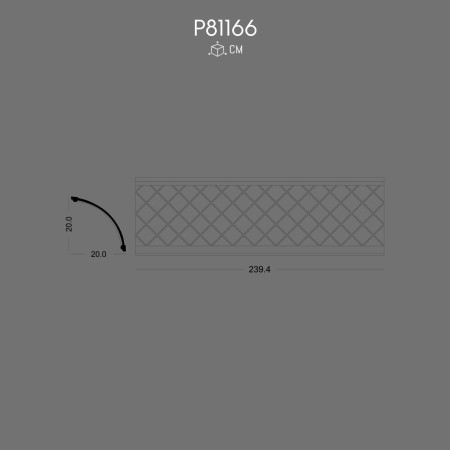
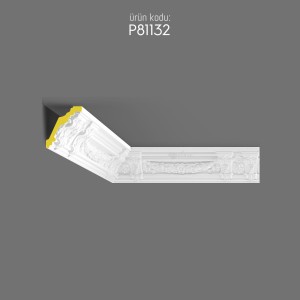
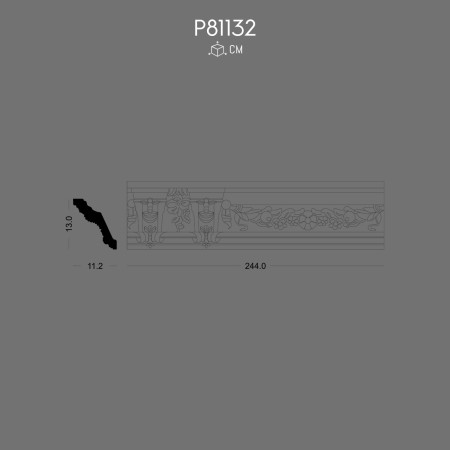

















No reviews found for this product. Be the first to comment!